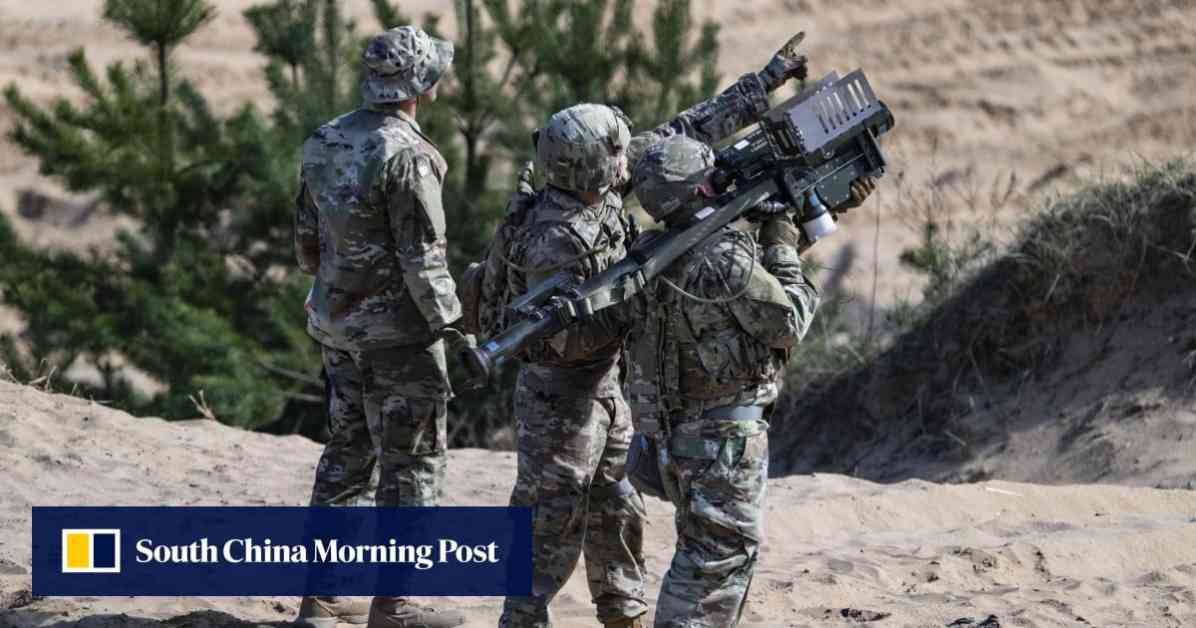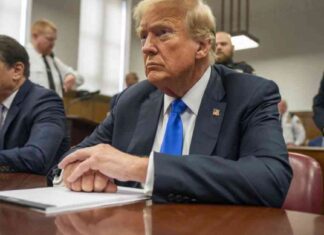Taiwan’s Security Concerns Heighten Amid Trump Aid Freeze
The recent decision by the Trump administration to freeze US foreign aid has sparked apprehension in Taiwan, with experts cautioning that the move could significantly undermine the island’s defense and security capabilities, especially amidst escalating military pressures from Beijing.
The freeze, which was announced on January 24 by the US State Department, involves a temporary suspension of nearly all foreign assistance for a 90-day period to assess its alignment with President Donald Trump’s foreign policy objectives. This directive excludes emergency food aid and foreign military financing for countries like Israel and Egypt, while notably omitting key US security partners such as Ukraine and Taiwan.
Analysts have pointed out that while Taiwan has not directly received US foreign aid since the shift in diplomatic recognition to Beijing in 1979, it has benefitted from increased military support in recent years. During former President Joe Biden’s tenure, significant military aid packages totaling over US$900 million were approved, encompassing provisions for weapons, training, and various services. Additionally, Congress authorized up to US$10 billion in no-interest loans for Taiwan until 2027, further bolstering the island’s defense capabilities.
Implications on Taiwan’s Security
Despite the fact that US military aid to Taiwan remains comparatively lower than that provided to other allied nations, the abrupt freeze instigated by the Trump administration has triggered deep-seated concerns in Taipei. This unease has been further exacerbated by concurrent actions, such as the suspension of the US Agency for International Development’s operations, which have collectively intensified apprehensions regarding Taiwan’s security.
Evaluating the broader implications of the aid freeze, experts have raised alarms about the potential ramifications for Taiwan’s Democratic Progressive Party (DPP) government. The reduction in US support could necessitate a strategic reassessment of relationships with both Washington and Beijing, as diminished aid might inadvertently create opportunities for Beijing to exert greater influence in the region.
Expert Insights and Future Prospects
In response to these developments, security analysts have emphasized the critical importance of maintaining robust defense mechanisms in the face of escalating geopolitical challenges. They underscore the significance of Taiwan’s strategic partnerships with key allies and stress the imperative of enhancing indigenous defense capabilities to mitigate vulnerabilities stemming from external dependencies.
Looking ahead, the evolving dynamics in the region necessitate a nuanced approach that balances diplomatic engagements with pragmatic security considerations. As Taiwan navigates a complex geopolitical landscape fraught with uncertainties, proactive measures to fortify defense structures and cultivate strategic alliances will be pivotal in safeguarding the island’s sovereignty and security.
In conclusion, while the Trump administration’s aid freeze has engendered a climate of heightened insecurity in Taiwan, it has also underscored the imperative of fortifying defense mechanisms and fostering resilient partnerships to navigate the evolving geopolitical landscape effectively. As Taiwan charts its course amidst shifting dynamics, strategic foresight and adaptive responses will be instrumental in safeguarding its national interests and security in an increasingly volatile global arena.



























